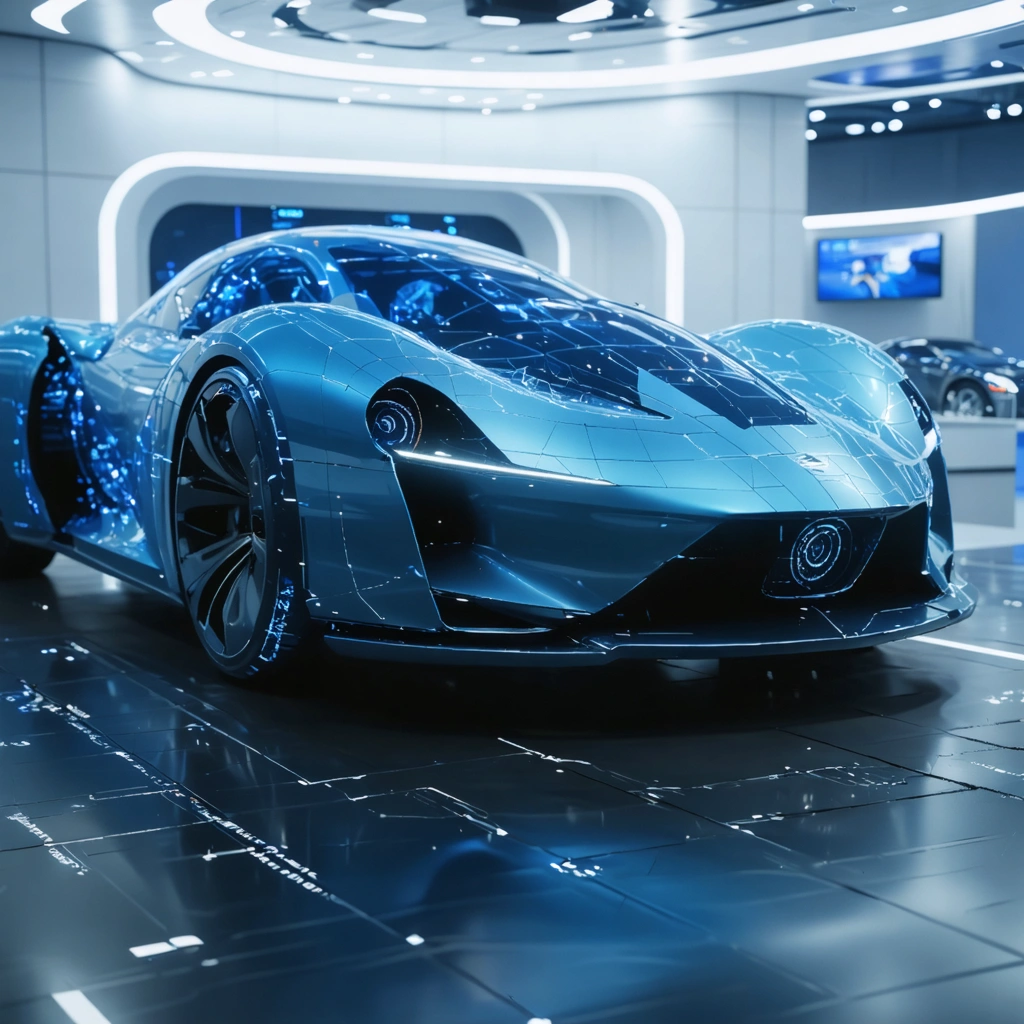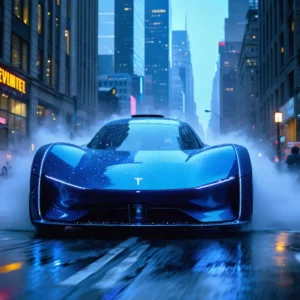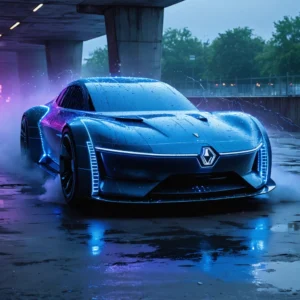
Introduction
The automobile industry is undergoing a drastic transformation, with Artificial Intelligence (AI) paving the way for this change. With automation, predictive analytics, and various AI-driven technologies, the auto industry is managing to stay at the forefront of technological advancement.
Artificial Intelligence in Design and Manufacturing
Since its inception, AI has been instrumental in enhancing automotive manufacturing and design. AI’s numerous applications in the auto industry range from designing safer vehicles to optimizing production processes.
Automated Design Process
AI assists automotive designers in creating safer and more efficient vehicles. Predictive algorithms analyze historical data, trends, and customer preferences to predict future design trends.
Production Optimization
AI also plays a crucial role in production optimization. Advanced algorithms and machine learning techniques are employed to streamline processes, predict equipment failures, and reduce downtime.
AI in Vehicle Operation
Perhaps the most significant impact of AI on the auto industry is in the area of vehicle operation. The advent of AI has made self-driving cars a reality and has led to significant advancements in vehicle safety.
Self-driving Vehicles
AI is at the forefront of the development of autonomous vehicles. They utilize complex AI systems to analyze data from various sensors to make decisions in real-time, significantly improving passenger safety and efficiency.
Vehicle Safety
AI is also playing a crucial role in improving vehicle safety. AI-powered vehicle systems can predict potential hazards and take proactive measures to prevent accidents.
AI in Customer Experience
AI is revolutionizing the way customers interact with auto manufacturers. From personalized marketing to virtual assistants, AI is enhancing the overall customer experience.
Personalized Marketing
AI enables auto manufacturers to create personalized marketing campaigns based on customer data and buying habits. This targeted approach results in higher conversion rates and customer satisfaction.
Virtual Assistants
AI-powered virtual assistants are becoming increasingly common in vehicles. These systems can answer customer queries, provide directions, and even control various aspects of the vehicle, significantly enhancing the driving experience.
Conclusion
The impact of AI on the automobile industry is vast and transformative. As AI continues to evolve, we can expect further improvements in vehicle design, safety, and customer experience. The future of the auto industry is indeed AI-driven.




